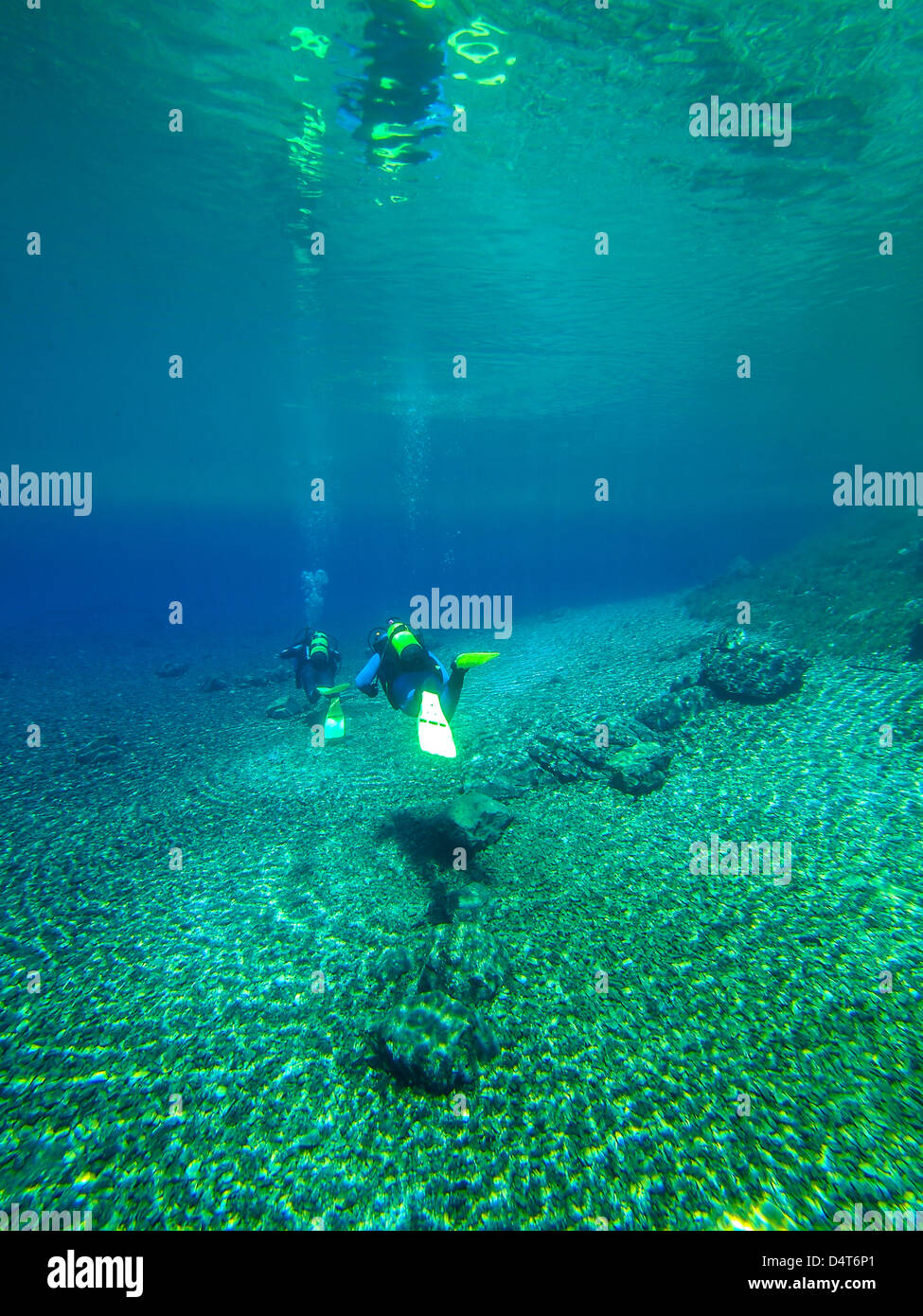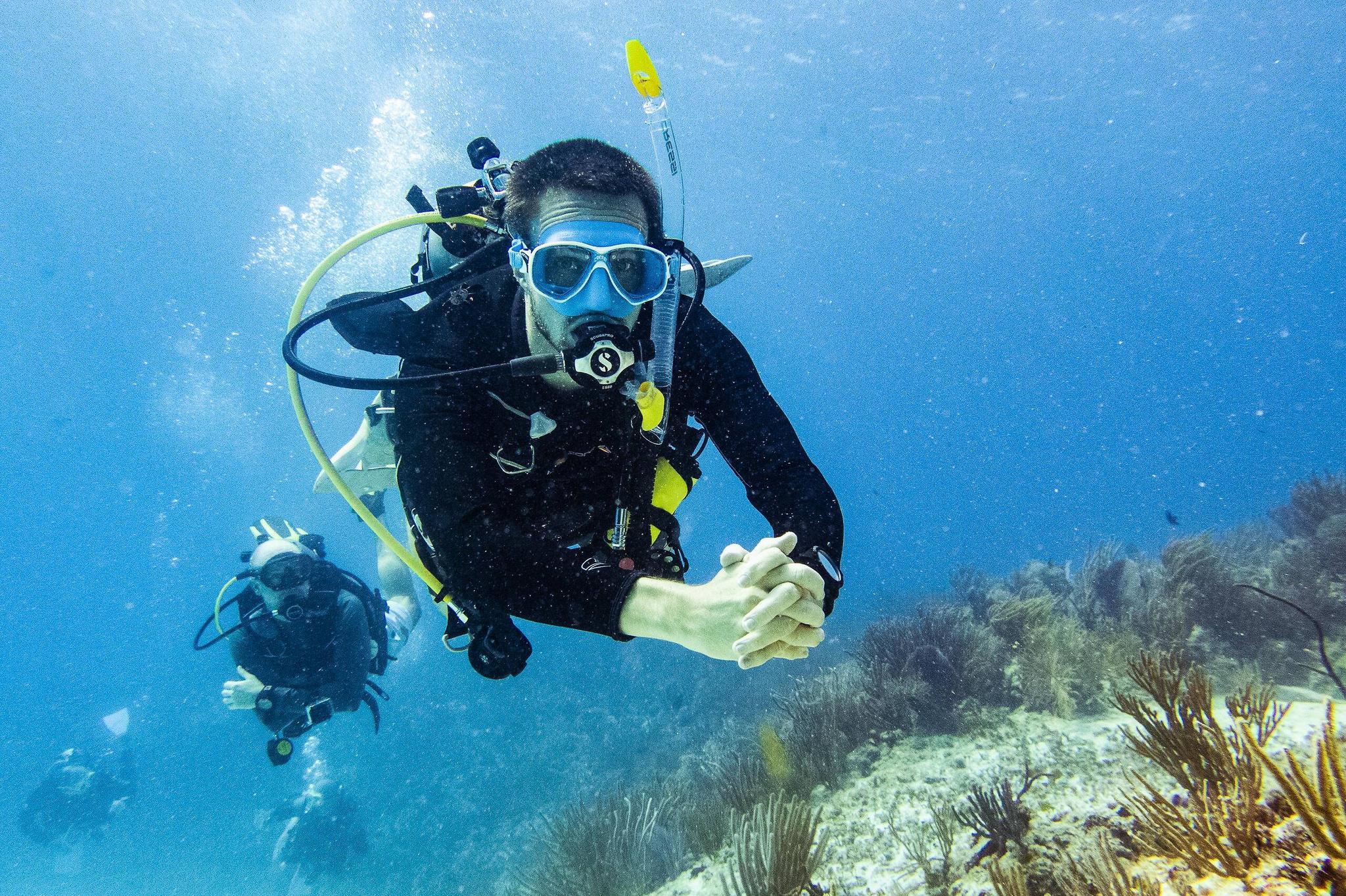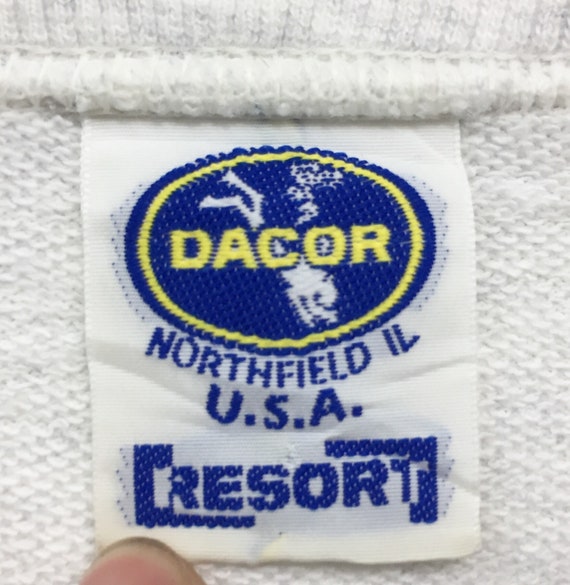
Night diving is an excellent way to get a glimpse of a totally different underwater world. Night diving is a different underwater world, as many marine mammals are nocturnal. You will need to be prepared for this unique diving environment. Learn more about what equipment you will need and how you can choose a diving site.
Bioluminescence
When you turn off your scuba flashlight and wave your arms in water, you can witness the wonders of night diving bioluminescence. Bioluminescent plankton is able to glow blue when you move your arms through the water. This occurs when certain chemicals become vibrated and create light.
Many marine life uses bioluminescence to attract mates and communicate with each other. Syllid fireworms, which live in mucus tubes under the seafloor and return to the surface on the full moon, are an example.
Take precautions
There are several precautions you should take if you have never dived at night. These precautions include avoiding exposure to excessive light, and avoiding the use of dive lights. These lights may damage the night vision of other divers. These lights can also cause cardiac irregularities.

You must use a buddy group to limit your light exposure. Even more important is a partner for night diving. You will have a buddy who can help you spot potential subjects. Practice hand signals with your partner prior to you go on the dive. You should also make sure your buddy understands how to use the flashlight correctly. You should not shine light directly onto subjects. Instead, aim the light at their hands.
Equipment
You will need special equipment if you plan to do a night dive. Make sure you have backup lighting. This type is often small enough to fit in your pocket. A modeling light, which attaches to your strobe, is also a good option. Divers used to use chemical glow sticks to navigate back to their boat after a dive. However, environmental concerns led to the switch to battery-operated signal light with different colored lenses.
A compass and a good dive light are also essential. Also, you will need to be able to communicate with other divers. You will also need to know how your diving rig works. Finally, you should feel comfortable diving at night. If you do not feel safe, you should get out immediately. It doesn't matter if it is bad weather, lack of training, or unsafe water conditions. You might end up in a dangerous position. Avoid substances that affect your ability to judge.
Selecting the right dive site
Night diving is best done at night. You don't want your first dive to be complicated by having new gear, carrying a DSLR, or diving deeper than usual. It will be easier to get comfortable, and your first night dive will go well. Start by diving in the dark and then move on to deeper water.
Do your research to find the best night diving site. There are many things you should consider. You'll need to look for a site where night diving has been done before. It's easy to map out the dive area and get oriented during the day. You can also dry your equipment more quickly and warmer during the day.

Night dive buddy
It can be difficult to choose a night diving buddy. The water changes quickly when the sun goes down, and you need to move slowly to avoid hitting objects. Night divers should also be prepared for cold water. A cold dive can make the experience unpleasant and even painful.
Discuss your dive plan with your night buddy before you dive in the darkness. This includes how you plan to complete the dive. Additionally, you should discuss how and when you will communicate.